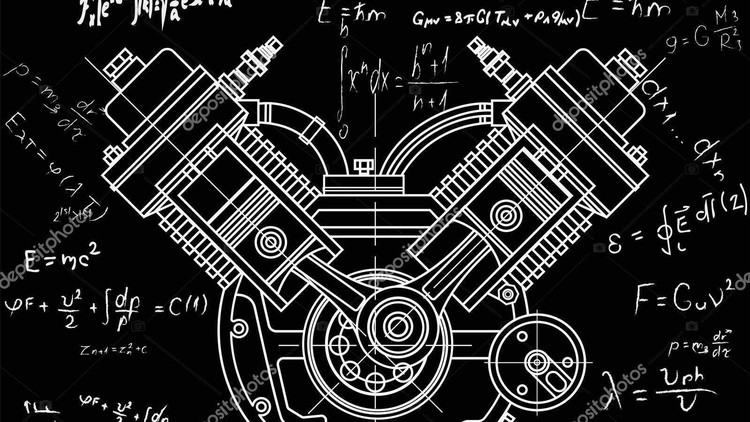Advanced Internal Combustion Engine Analysis and Design
Become an Internal Combustion Engine Expert in 27 Hours of In-Depth Training: From Basics to Advanced Techniques
4.38 (55 reviews)

7,266
students
27 hours
content
Jan 2023
last update
$59.99
regular price
What you will learn
Explain the basic knowledge, construction and working of various types of IC Engines and its components
Analyze the effect of engine operating parameters on engine performance and environmental effects of emissions
Understand about the Lubricants and the Lubrication Systems for IC Engines
Understand about pollutions due to engine emissions and how to control these emissions.
Learn about the Engine Cooling Systems for IC Engines
Understand about combustion process and combustion chambers in IC Engines
Carburetors and Mechanical Injection Systems for IC Engines
Related Topics
4672042
udemy ID
5/4/2022
course created date
6/5/2022
course indexed date
Bot
course submited by